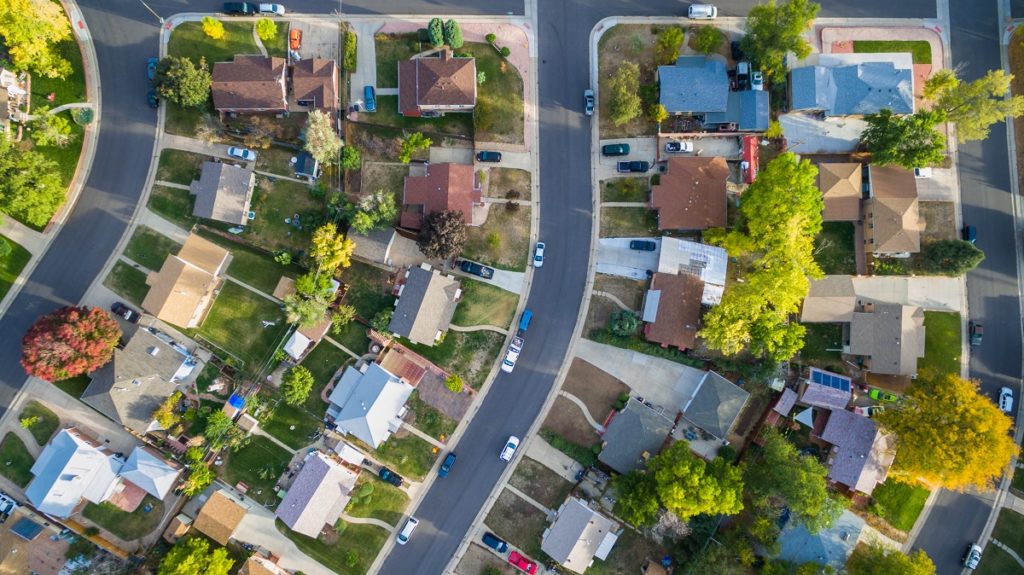When one person does something that can harm the environment, it doesn’t exactly raise alarm levels because the effects are only minor. But if fifty individuals perform the same activity simultaneously, it heightens the level of urgency to take action. However, that can be difficult to look out for when it’s happening behind closed doors—like inside a household.
A community is made up of a small population separated by different households. The number of people living within each household varies from family to family, and their activities inside the home can also vary depending on their interests, preferences, as well as lifestyle choices.
This makes it impossible to track down the main source of a problem when it finally affects the entire community, particularly because each household functions in specific ways. And to add to that, finding the culprit becomes more difficult when several households are guilty of causing the problem at hand.
It can be safe to say that every member of a community aspires to live harmoniously within their population, which is why there are initiatives like homeowners’ associations and those who participate in the efforts of local government units.
But of course, good outcomes will only be achieved if individual households put in the effort to make better choices. If different homeowners work towards the same goals to build a better community, then they will get to enjoy the rewards of their efforts. Here are three ways to be a more responsible homeowner:
Dispose of Waste Properly
Proper waste segregation is an age-old practice that is simply being overlooked by homeowners because of inconvenience. People can’t be bothered to separate their plastics from their papers, or their biodegradable from non-biodegradable wastes because it occupied time that they can be using for other activities.
However, taking the time to segregate your waste at home not only lessens the workload of waste collectors but also makes you a better homeowner. You see, by properly disposing of your wastes into separate bins, you’re lessening the trash that goes into the incinerator, which releases harmful gases into the atmosphere.
It’s also important to note that while used cooking oil and other chemicals are in liquid form and can, therefore, flow through the drains, they can damage the sewer system in the process. This is because the mixture of fats, soap suds, small food scraps, or items flushed down the toilet all lead to one place: the sewer.
But if all this debris accumulates in the pipes, it can cause backups or leaks that will create one big mess on the streets. That’s also the reason you must perform sewer line cleaning regularly because most households are connected through the public drainage system.
Recycle What You Can

As previously mentioned, segregation is important to every household and that includes separating those that can be recycled from all your other wastes. By collecting your recyclables, you can lessen the amount of waste headed towards landfills or incinerators.
You don’t have to reuse everything inside your home because that can take up valuable space and create clutter. But what you can do is find organizations that can collect your recyclables and use them to build new, functional items. This lengthens the life of your waste, which means it can serve another purpose besides its intended use.
Another option that you have is to look into Ecobricks, especially if your household accumulates a lot of single-use plastics. Ecobricking is the act of turning hollow plastic bottles into reusable bricks by filling it with plastic wastes until it becomes as hard as a brick, which can then be used to build durable structures.
Conserve Water and Energy
An average American household uses more than 300 gallons (ca. 1,136 liters) of water a day, which easily ends up as wastewater in the public drainage system. Now imagine how many households there are in the United States alone that use all these gallons of water daily, especially when there are people experiencing drought and water shortage in other parts of the world.
Water scarcity is a global problem that will only continue to worsen if people don’t start taking action immediately. So although you may not feel the effects of the water shortage crisis inside your home because you have continuous access to clean water, remember that not everyone is as fortunate.
This is not to say that you should feel guilty about not experiencing the shortage, but it won’t hurt to conserve both water and energy every time you can. You can look into energy and water-saving fixtures to place inside your home so that you will only be using these resources when you need them.
It doesn’t take much to become a better homeowner, particularly because it can be achieved by being a socially responsible individual. Once you, your family, and your fellow community members realize that your individual actions all have corresponding effects on the environment, you might start making better life choices.

